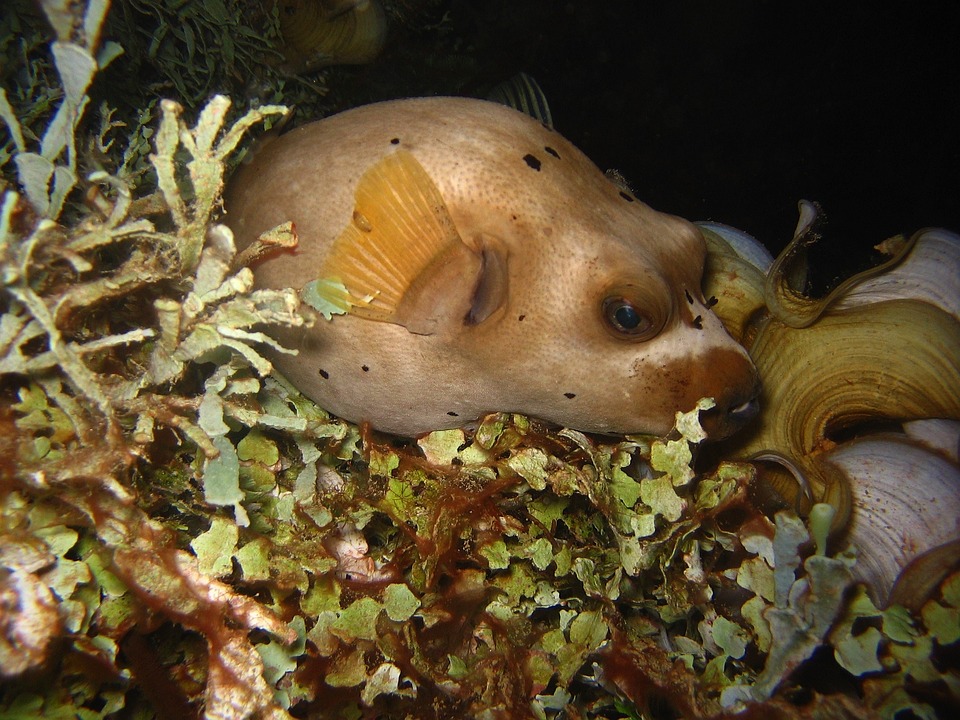Fish Health: How to Use Fish Tank Supplements for Specific Nutritional Needs
Proper nutrition is essential for maintaining the health and well-being of fish. Just like any other living creature, fish have specific nutritional requirements that need to be met in order for them to thrive. While a balanced diet is important, sometimes fish tank supplements are necessary to fulfill specific nutritional needs. In this article, we will explore the role of fish tank supplements in meeting these needs and provide guidance on how to use them effectively.
Understanding Fish Nutritional Requirements
Different species of fish have different nutritional needs. For example, carnivorous fish require a diet high in protein, while herbivorous fish need a diet rich in plant matter. It is important to research and understand the specific nutritional requirements of the fish species you are keeping to ensure their optimal health.
Essential nutrients for fish health include vitamins, minerals, proteins, and fats. These nutrients play critical roles in growth, development, immune function, and overall well-being. Factors such as water temperature, water quality, and age can also affect a fish’s nutritional needs.
Types of Fish Tank Supplements
Fish tank supplements come in various forms and serve different purposes. Some common types of supplements include:
1. Vitamin supplements: These supplements provide essential vitamins that may be lacking in a fish’s diet. Vitamins are important for various physiological processes and can help support a fish’s immune system.
2. Mineral supplements: Fish require certain minerals for proper growth and metabolism. Mineral supplements can help replenish any deficiencies in a fish’s diet.
3. Protein supplements: Protein is crucial for muscle development and overall growth. Protein supplements can be beneficial for fish that require a higher protein intake.
4. Color-enhancing supplements: These supplements contain specific pigments that can enhance the natural colors of fish, making them more vibrant and attractive.
5. Probiotics: Probiotic supplements contain beneficial bacteria that can improve digestion and support a healthy gut microbiome in fish.
Assessing Nutritional Deficiencies
Identifying signs of nutritional deficiencies in fish is important for determining which supplements they may need. Signs of deficiencies can include slow growth, lack of appetite, abnormal behavior, and poor coloration. Conducting water tests to assess nutrient levels can also provide valuable information about potential deficiencies. Consulting with a veterinarian or fish expert can help you determine the best course of action if you suspect a nutritional deficiency.
Selecting the Right Fish Tank Supplements
When selecting fish tank supplements, it is important to match them to specific nutritional deficiencies. Consider the species and age of your fish, as different life stages have different nutritional requirements. Reading product labels and researching brands can help you choose high-quality supplements that are safe and effective for your fish.
Proper Usage of Fish Tank Supplements
To ensure the effectiveness and safety of fish tank supplements, it is important to follow dosage instructions provided by the manufacturer. Some supplements may need to be administered daily, while others may only need to be given periodically. There are various methods of supplement administration, such as adding them directly to the water or mixing them with fish food. It is crucial to prevent over-supplementation, as this can have negative effects on fish health. Monitor your fish closely and make adjustments as needed.
FAQs about Fish Tank Supplements
1. How often should I use fish tank supplements?
The frequency of supplement usage depends on the specific needs of your fish and the type of supplement. Follow the instructions provided by the manufacturer.
2. Can fish tank supplements replace a balanced diet?
Fish tank supplements should be used as a complement to a balanced diet, not as a replacement. A varied and nutritious diet is crucial for maintaining fish health.
3. Are natural supplements better than synthetic ones?
Both natural and synthetic supplements can be effective. The most important factor is the quality and purity of the supplement, regardless of its source.
4. Can I use multiple supplements at once?
Using multiple supplements simultaneously is possible, but it is important to ensure that they are compatible and do not exceed the recommended dosage.
5. What if my fish are not responding to the supplements?
If your fish are not responding to the supplements, it may be necessary to reassess their diet, water quality, and overall health. Consulting with a veterinarian or fish expert can help determine the underlying issue.
Conclusion
Understanding the nutritional needs of fish and providing them with the proper diet is crucial for their health and well-being. Fish tank supplements can be a valuable tool for meeting specific nutritional requirements. By selecting the right supplements, using them properly, and monitoring fish health regularly, you can ensure that your fish thrive and live a healthy life. Remember, a balanced diet and regular monitoring are key to maintaining fish health.









